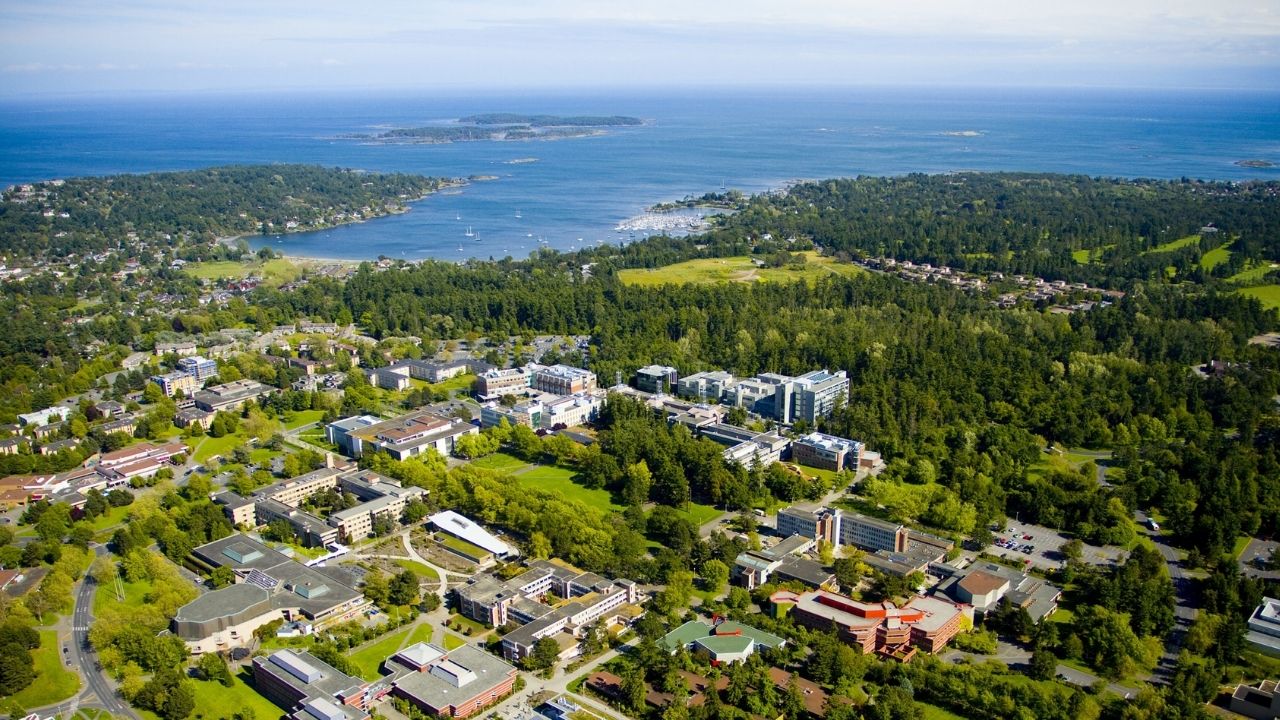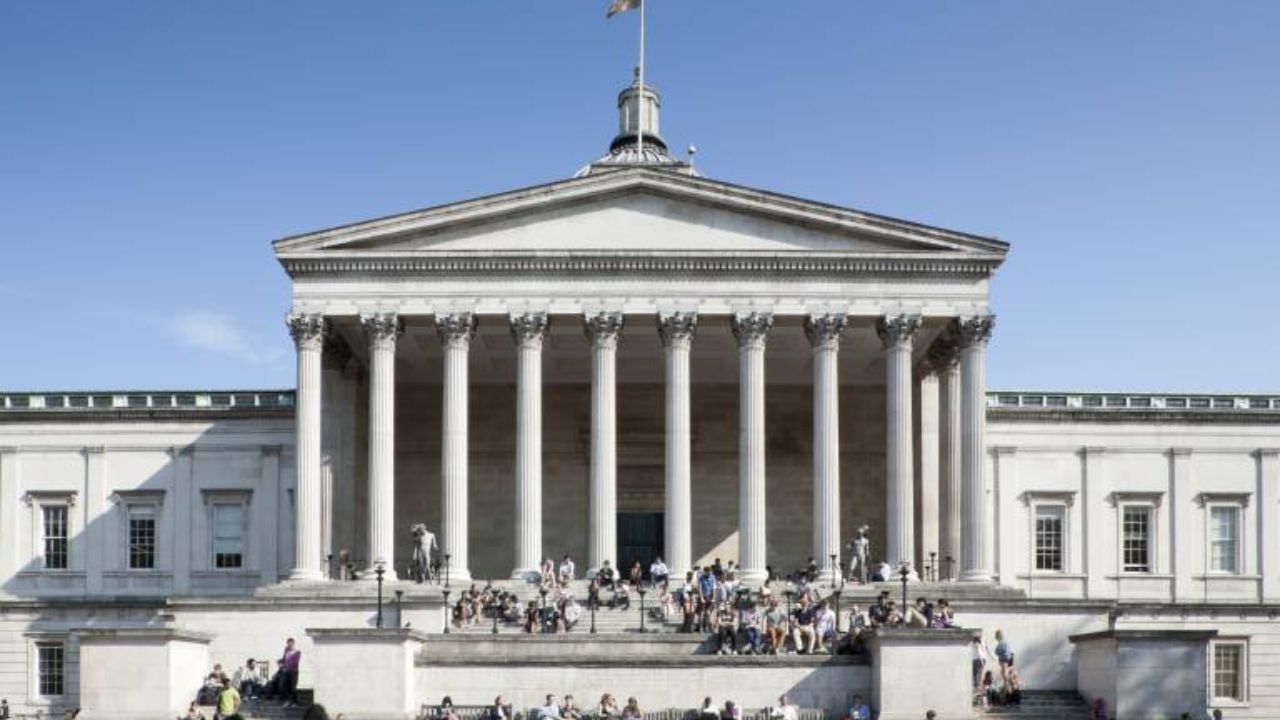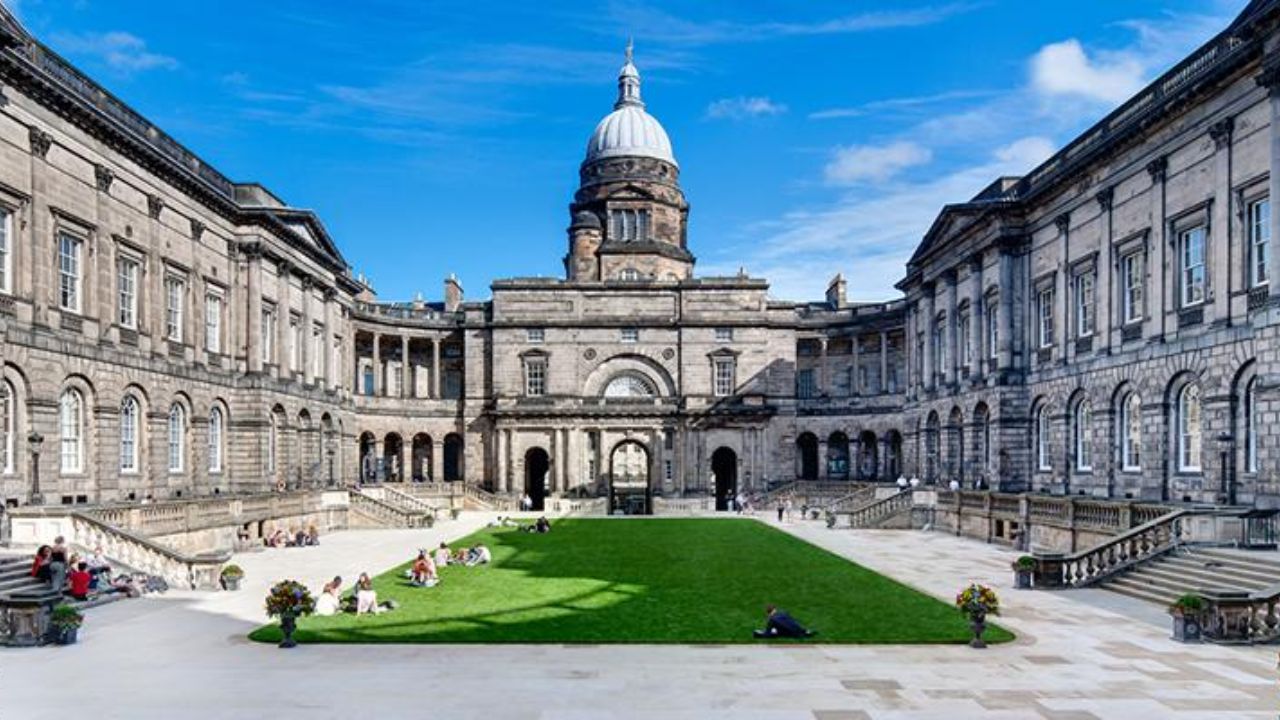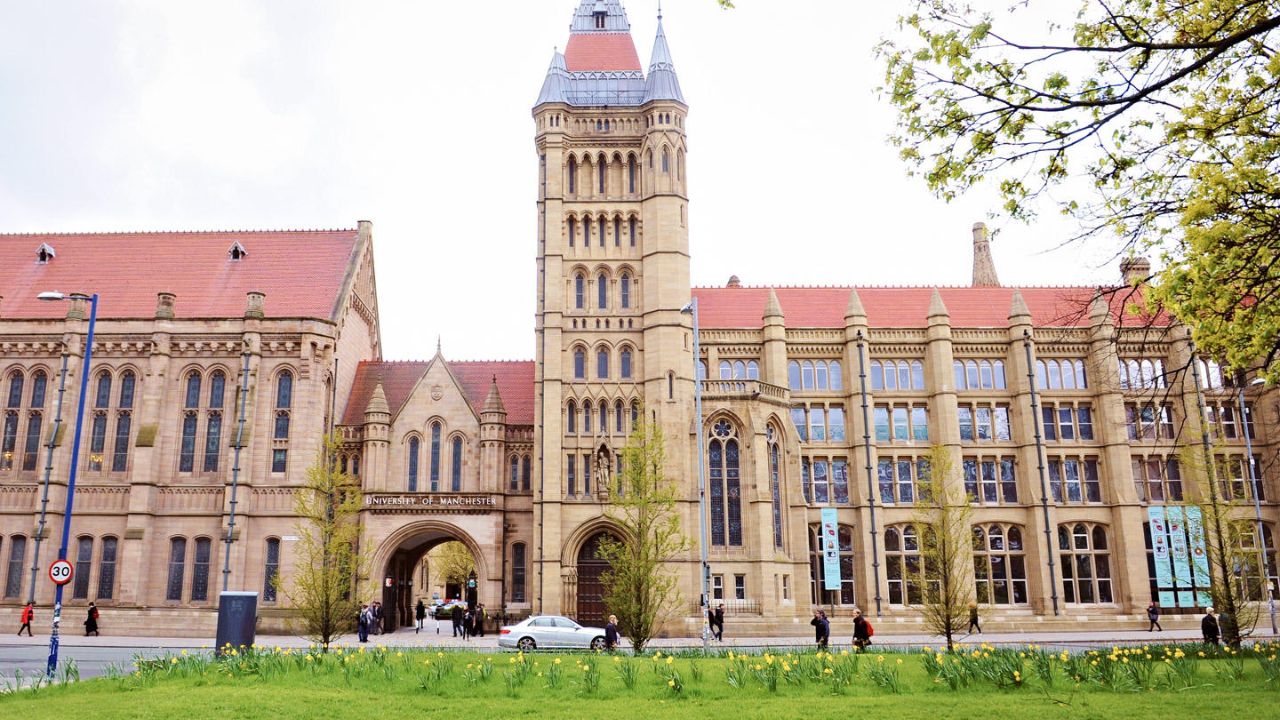
A brief history
The inception of the University of Victoria (UVic) traces back to its roots in 1903 when Victoria College was established as an affiliated institution of McGill University. In 1963, it gained full autonomy and the authority to confer degrees under a charter from the government of British Columbia. Presently, UVic stands as a public research university situated in Oak Bay and Saanich, British Columbia, Canada, where it continues to flourish.










.jpg)





